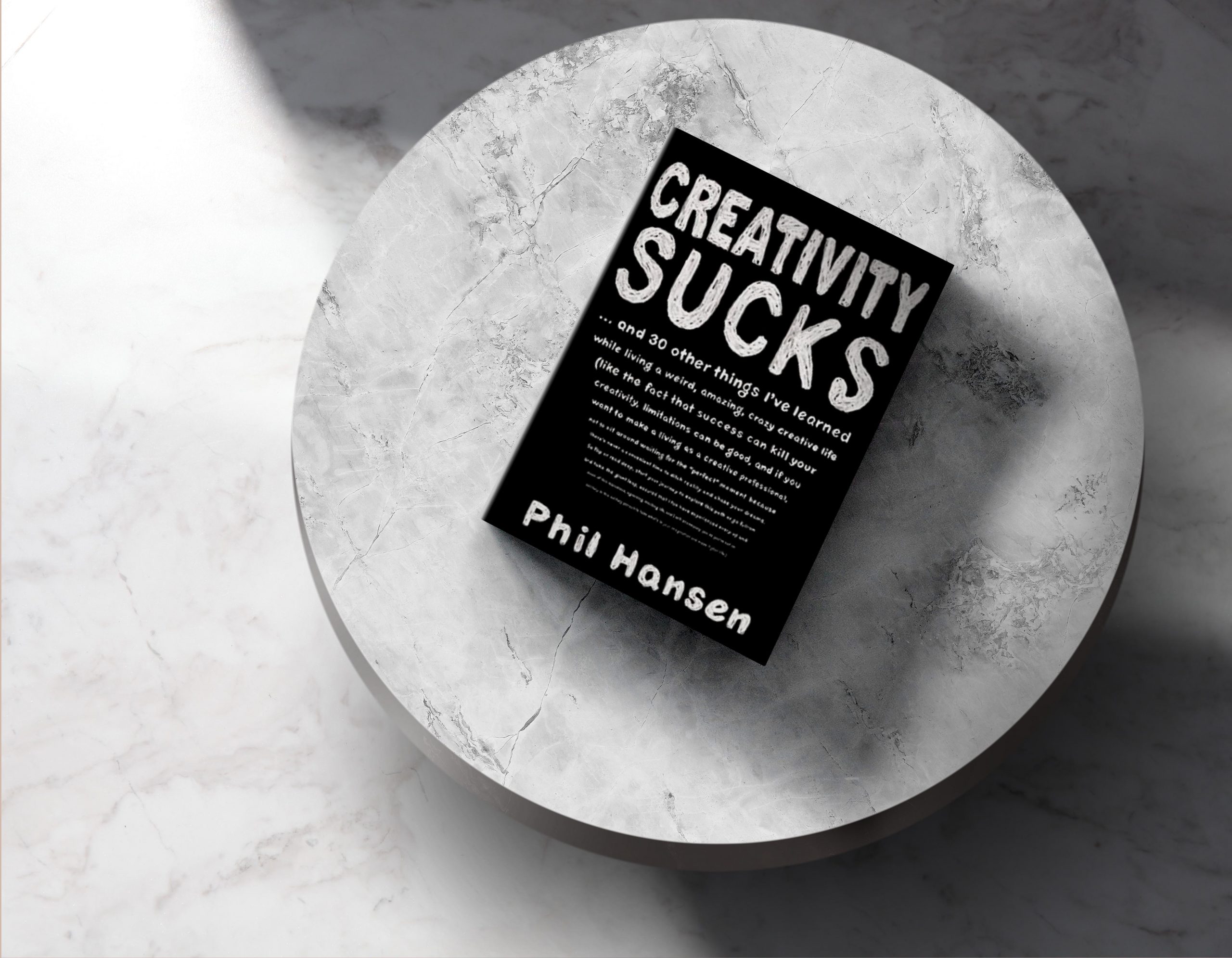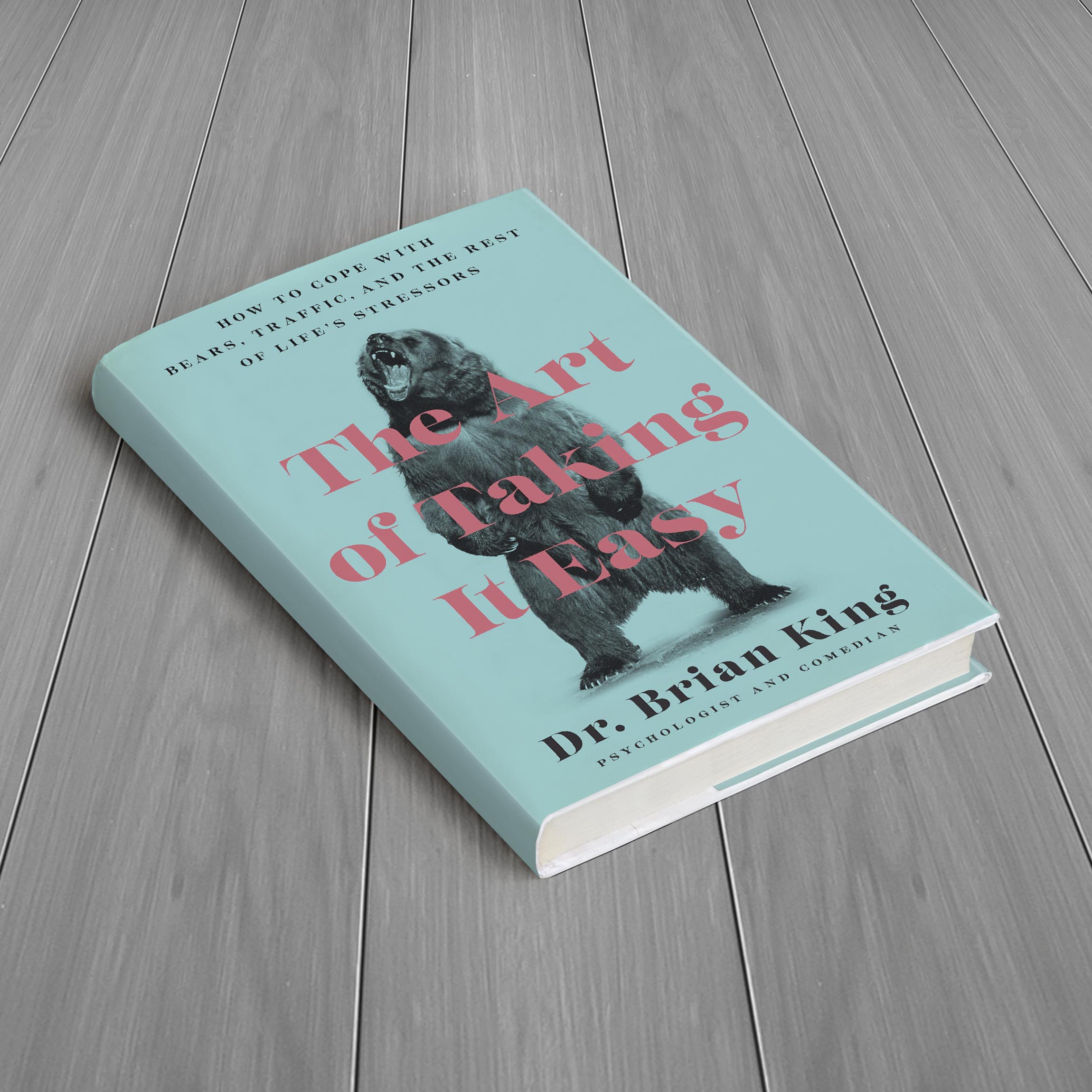A Call with Canastota
USM
A Call with Canastota

5 July 2023
Canastota Public Library:
A Positive Reference Phone Call Experience
“I’m looking for historic photos of Canastota, NY to see if I can find more pictures of my grandpa’s business. Do you have any recommendations for where I can search?”
Sydney, a friendly librarian at Catastota Public Library, answered the phone. I presented my question and gave her the opportunity to pass me off to someone else in case she didn’t have time or resources right then and there. She chuckled and said she would be happy to help me.
She asked me for some of the basic facts I’ve used to search thus far, so I provided her with the company name, best known address, brands they sold, relative dates, employee names, etc. She didn’t try to rush me or push me off the phone – she was kind and made me feel as though she was really cared.
She said she would pass the info on to the historical librarian when she returned the next day, and that they would call me directly if they happened to find anything. In the meantime, though, she recommended two Facebook groups that are working to gather photos and stories of Canastota’s history. I thought this was a very creative idea and quite clever. Now, I’m just waiting for the groups to accept me. 🙂
LIS-501 “Reference ” // Spring 2022













